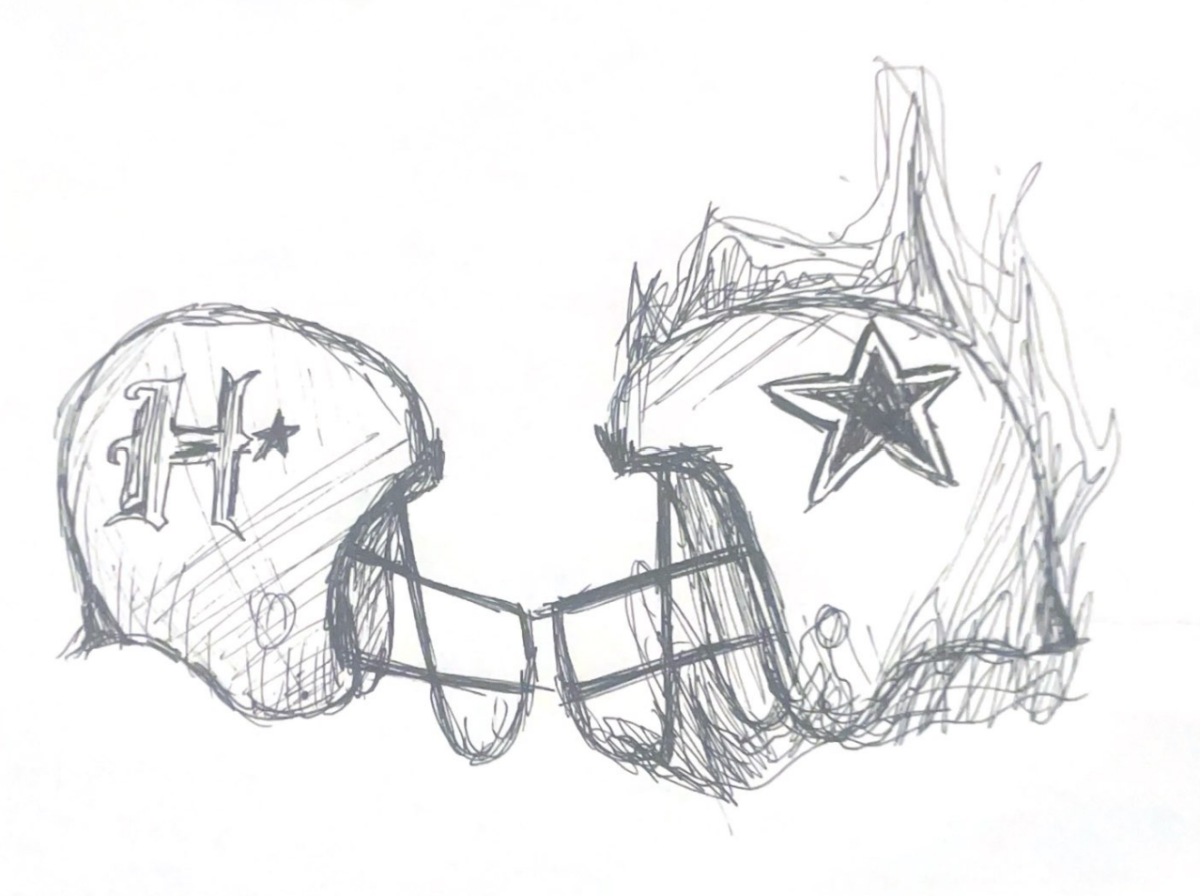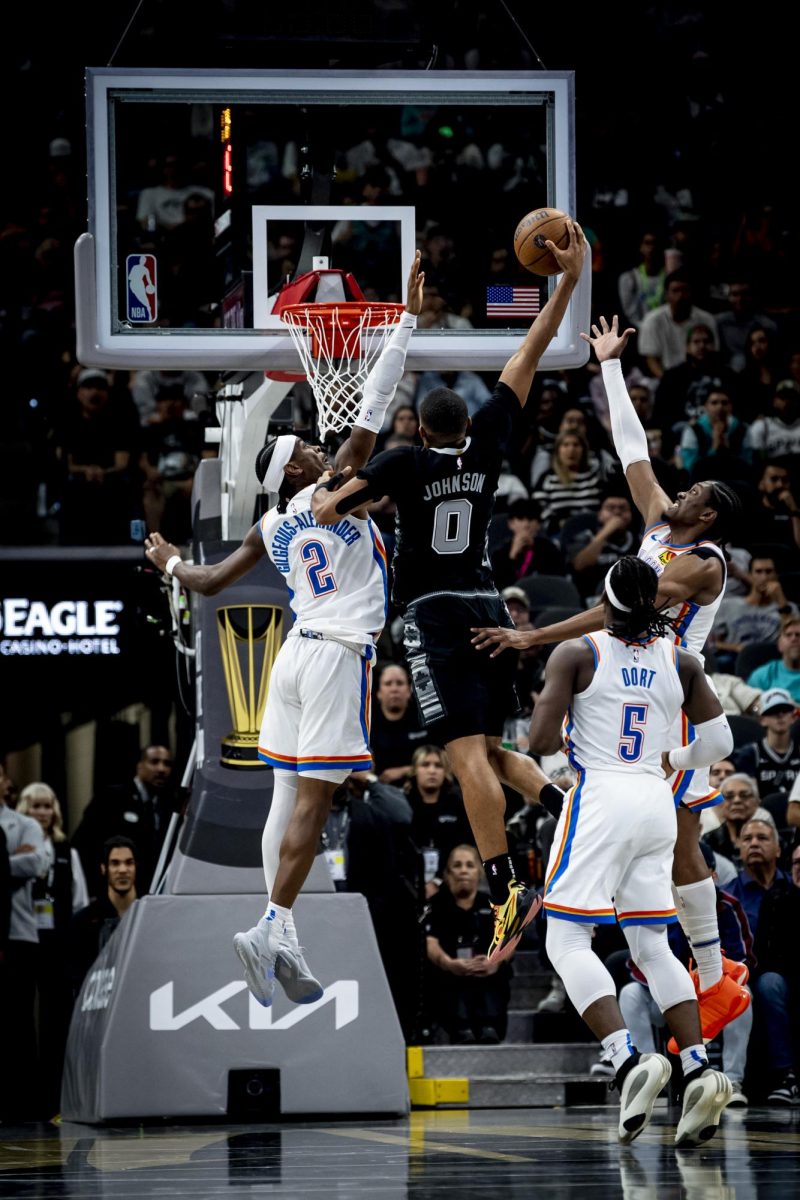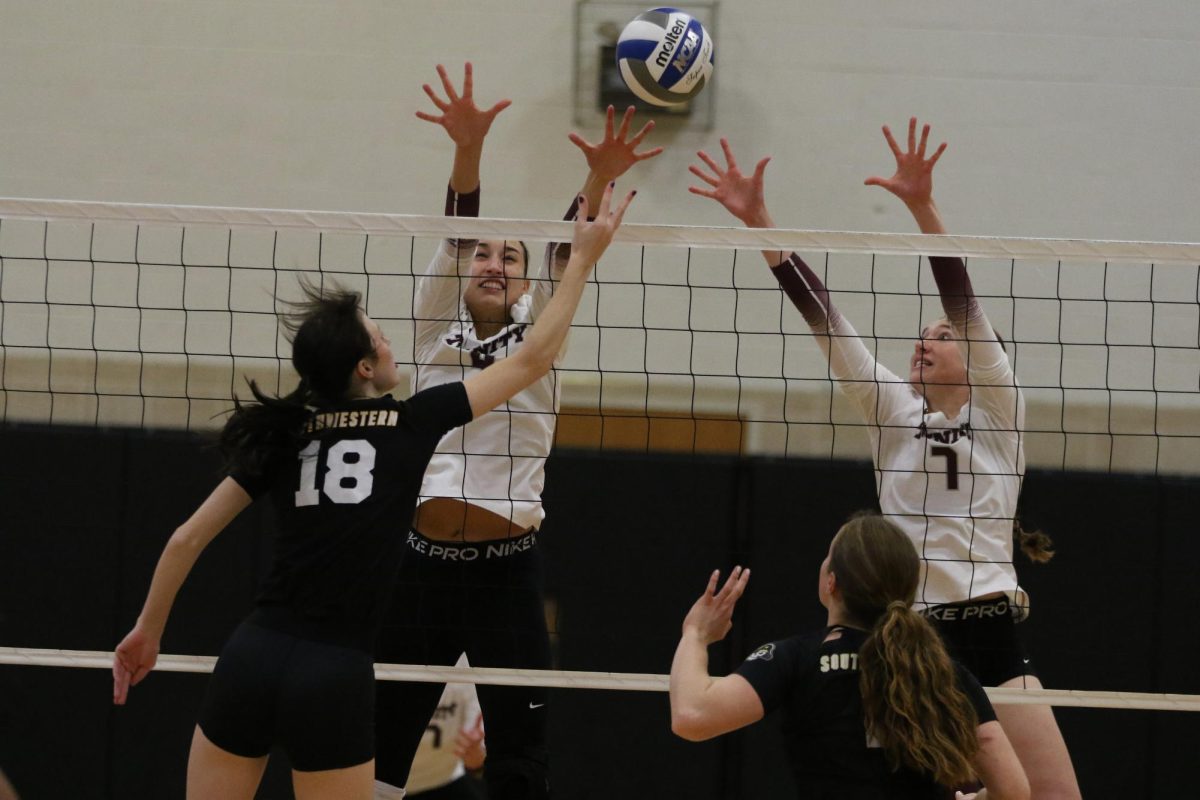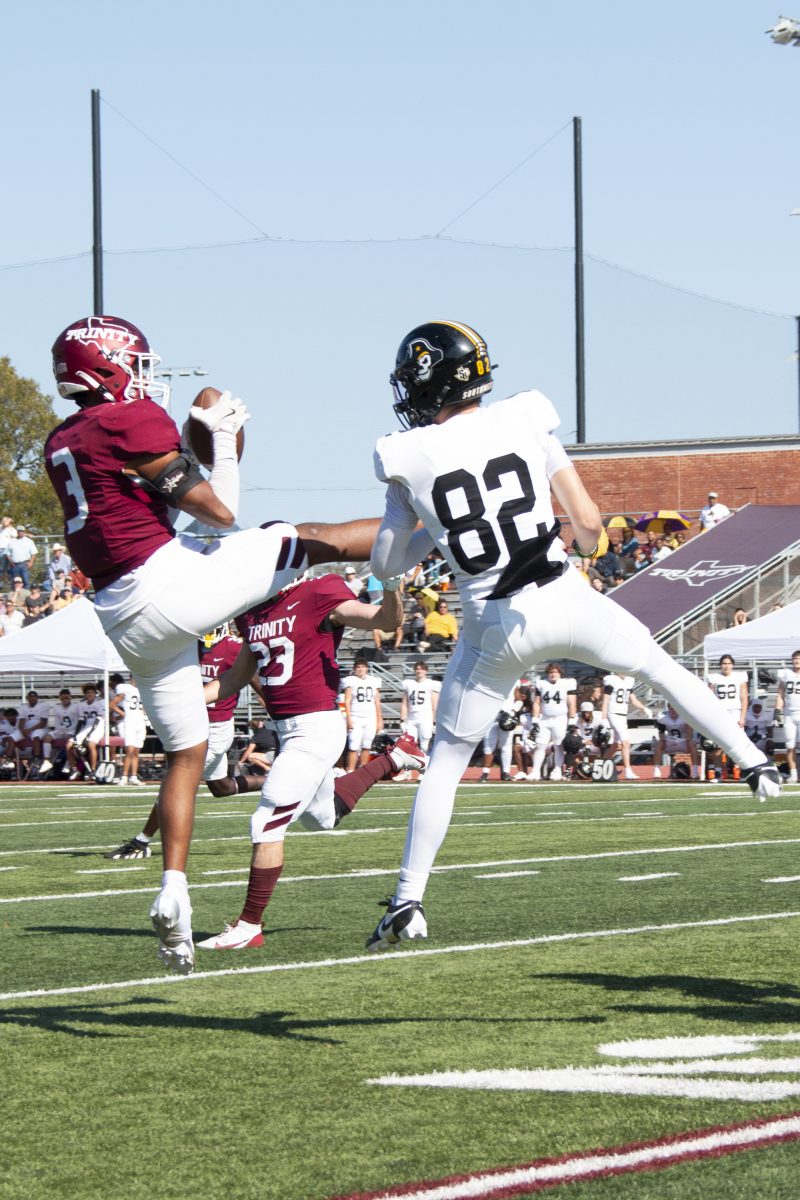Professional athletes are contemporary America’s pseudo-holy men. They are born with physical gifts that predetermine their fate as linebackers, power forwards and pitchers. In accordance with Malcolm Gladwell’s theory, many spend around 10,000 hours in various modes of self-punishment, modes manifested through excessive wind sprints, weight training and ball drills that erode the average-human-within-them’s rambling consciousness until they live in the light of the zone at all times. If they’re truly worthy, they become the contemporary American’s most beloved outlet when the contemporary American wants to escape to a world where rules are followed, good and bad distinguished, and winners rewarded while losers turned away.
The athletes in America’s Big Four “” basketball, baseball, football and college football “” are a part of the fabric of the modern American’s life in ways that may be unparalleled by other cultural identity behemoths like Netflix, “League of Legends” and Christianity. Even non-sports fans know who LeBron James and Tom Brady are. Why? Because they’re omnipresent. Or at least, they’re as close to omnipresent as a man can become through various media and public relations tactics that are probably much more sophisticated then we, the consumers, realize. They’re on advertisements of all colors, the front page of your local newspaper, and most importantly, the minds and lips of your more up-to-date relatives and work acquaintances. The “Bradys” and the “Jameses” and the “Williamses” have, for the sake of natural human need to put it rather darkly, transcended mortality’s boundaries and become ideas. Ideas that embody ubiquitous tropes like attained aspiration and received exaltation more visibly than any idea entertainment culture has had in a long time. It’s beautiful and off-putting that we ended up here, but the reasoning is clear. For many, sports fill the universally voided emotional space that desires to be filled in with some sort of meaning. This linguistic reality applies most obviously to those who follow radio hosts like Colin Cowherd with a somewhat cultish fervor, but it exists in non-fans as well, who use their more limited knowledge for more subtle, yet equally strange reasons. More on non-fans later.
So we crown them, revere the power and subsequent majesty of the phenoms, who sport unironic nicknames like “The Chosen One,” “The Truth” and “The Machine.” What else do we do? We personalize them. We conform the unique splendor of their personas and capabilities into quasi-real characters we can connect with. It doesn’t matter if you’re an NBA Calvinist bashing Kevin Durant the traitor or an NBA Arminian celebrating Russell Westbrook the loyalist. Or maybe you’re a friend attempting to involve herself in a conversation about red zone strategies beyond her expertise at a Super Bowl party you attended for the social capital. Avid sports fans and the layman alike “organically” seek to derive not only aesthetic and mental pleasure from the on-screen game’s transpiration. We want to fashion boxes in which we can place the greatest athletes, because definitions inculcate a more tangible sense of meaning, which we can use for our own personal gain. Whether you’re a diehard Spurs fan or my mom watching a Rockets game with my brothers, dad and I because she wants to “be with us,” we use sports in an indirect way to feel closer to friends, family and even total strangers on the subway in Beijing.
I’m not a sports alarmist. It is common enough for some intellectuals to denounce the sports realm and its fans as mindless skeletons, products of an amoral capitalistic society. These responses are extreme, and may come from adults who were picked last at recess soccer (when they were kids). But the eerily unchecked route sports have taken into the psyches of Americans of all shapes, sizes, affiliations and interests seems to me to be “¦ eerie. References to famous athletes and teams are breezed through in dialogues, in classes and at lectures when the topic itself is not regarding even merely the basic events of yesterday’s game. Sports, and the organizations and individuals that exist within professional leagues, have become an empty yet significant piece of currency, whether in an effort to self-validate or engage in a conversation you have no business being a part of. Can such a bizarre and unnatural “phenomenon” be considered unhealthy in contemporary America, or is this part of the new normal, where reality TV show hosts run the most powerful country in the planet’s history and people have their most heartfelt interactions in virtual worlds. I can’t tell.







